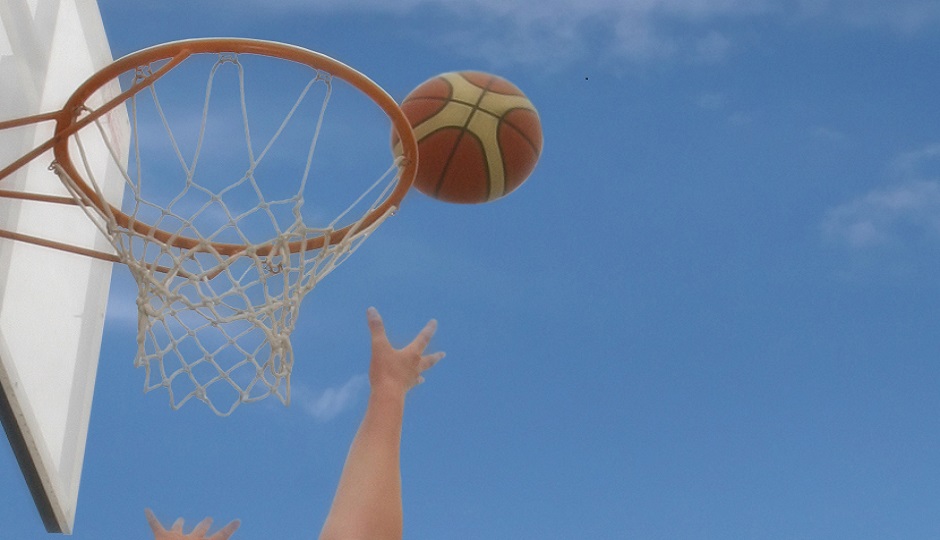In Canada, nearly 84 % of households living in long-term poverty are headed by a person with no higher education. In addition, it appears that teenagers from low-income families are twice as likely to drop out of school as those from families with a higher income. There is no need to mention that leaving school without a diploma can seriously affect employability: by 2018, 67% of jobs will require some postsecondary education.
Students living in disadvantaged areas who participate in extra-curricular activities have better academic success and social integration.
The Quebec government set up an intervention strategy "New Approaches, New Solutions" (Agir Autrement) to support the implementation of educational practices fostering academic success of students in disadvantaged areas. Such practices include extra-curricular activities: research suggests that students living in disadvantaged areas who participate in extra-curricular activities have better academic success and social integration than those who do not.
Our own research, conducted on 955 secondary school students in disadvantaged areas, does not agree with this conclusion. In fact, our results indicate that involvement in extra-curricular activities has a very limited effect on academic and social outcomes. The use of extracurricular activities to improve academic and social outcomes for Quebec teenagers attending schools in disadvantaged areas does not appear to be a very effective strategy. On the other hand, new research indicates that these activities may be useful for improving the health (in the case of sports) or identity development of young people.
Main researcher: Frédéric Guay, Université Laval
Original title: Les activités parascolaires : leurs caractéristiques gagnantes pour lutter contre le décrochage scolaire et favoriser les aspirations professionnelles de jeunes issus de milieux défavorisés




